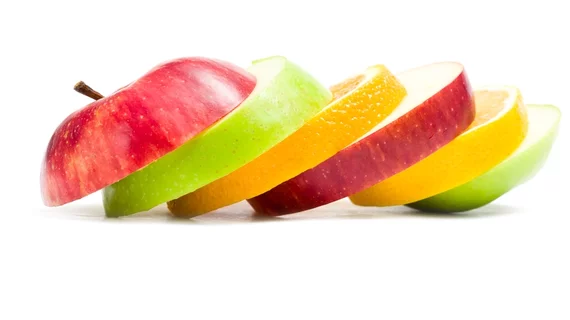School programs that provide fresh fruits and vegetables and limit the availability of sugar-sweetened beverages (SSBs) could prevent an estimated 22,383 deaths due to cardiometabolic disease each year in the U.S., researchers calculated in a study published July 6 in PLOS One.
Katherine L. Rosettie, MPH, and colleagues performed a meta-analysis of the effects of these provisions using 18 studies, including six randomized trials. They then combined those results to estimate not only in-school consumption, but changes to students’ 24-hour dietary habits. They assumed 35 percent of the dietary changes from these interventions would carry over into adulthood, and used that percentage to calculate how the programs could impact cardiometabolic disease (CMD) mortality later in life.
“Children consume over one-third of their daily food in school, and childhood represents a crucial formative period given that long-term dietary preferences form early in life and that both dietary habits and obesity tend to track into adulthood,” wrote Rosettie, a researcher at the Institute for Health Metrics and Evaluation, and coauthors.
Rosettie et al. estimated a provision for free fruits and vegetables for one to two years would lead to habitual fruit consumption increases of 17 percent for elementary school students, 22 percent for middle school students and 25 percent for high school students. Vegetable consumption would likely increase at a lower rate, the authors noted, due to student preferences and the greater ease with which schools can provide fruit outside of scheduled meals.
School policies limiting the availability or portion sizes of sweet beverages would be expected to cut the consumption of sugary drinks by 27 percent for elementary schoolchildren, 19 percent for middle school students and 15 percent for high schoolers. The corresponding body mass index (BMI) decreases would be 0.7 percent for elementary kids and 0.5 percent for the two older groups—with an additional 0.1 percent reduction tacked on for the fruit and vegetable provision.
“Our results suggest that these policies would produce moderate but meaningful changes in diet over one to two years, with small corresponding changes in childhood BMI. If implemented across elementary, middle, and high schools, our results further suggest that 22,383 CMD deaths/year, or about 3 percent of the total national burden, would be averted in adults,” the authors wrote.
When analyzed individually, the sugary drink restriction would have the most impact, preventing more than 14,000 CMD deaths annually once the students became adults. This is despite the observation that most sweetened beverage consumption occurs outside of schools, suggesting interventions in other venues could have an even greater impact on limiting BMI and the development of cardiometabolic disease.
Rosettie and colleagues acknowledged their estimates of dietary intake were based on self-reports, which are prone to errors. In addition, their conclusions combined studies of how diets track from childhood into adulthood with other studies separately analyzing short-term effects of school-based interventions. There are no studies yet of how specific school programs lead to dietary changes and disease outcomes in adulthood.

